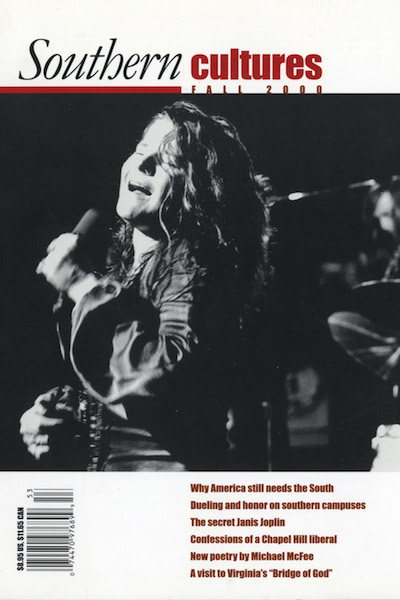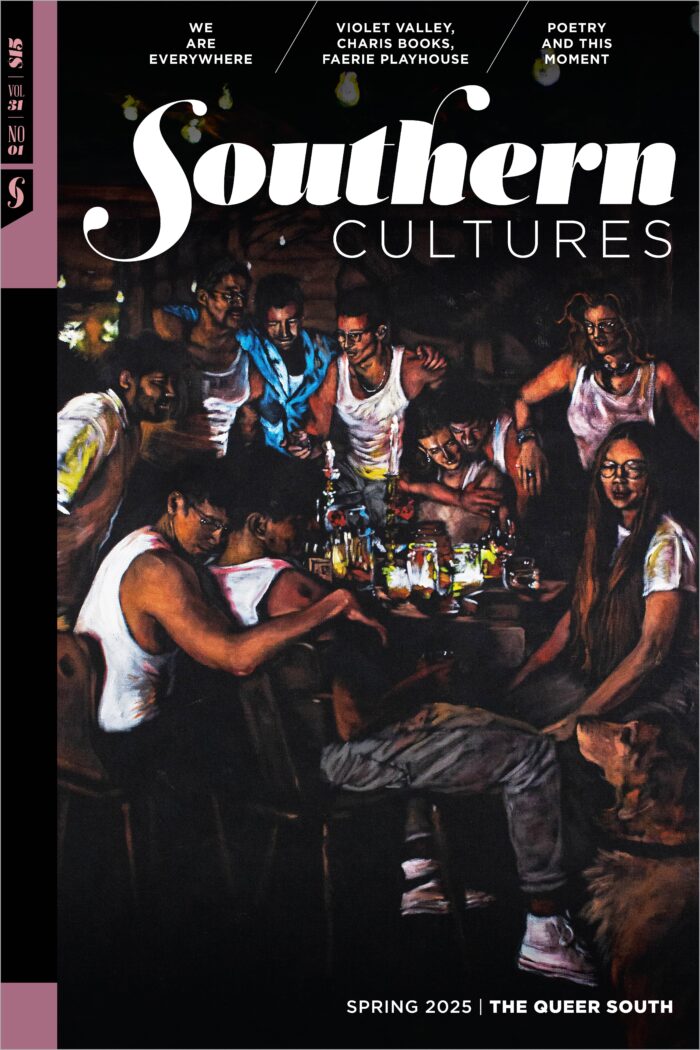“Herbert rushed to Greene’s aid, armed with a nine-and-a-half-inch knife and a pistol.”
January 25, 1848 started like any other day for University of Alabama student Edward Baptist. Due to give a recitation in class, he practiced in his room, determined to please his professor. But a childish prank would change his life forever. While Baptist prepared in his room, his friend James T. Killough mischievously locked the door from the outside. Anxious not to be late to the recitation, Baptist broke the lock and angrily brushed by Killough, who stood laughing outside the door. When Baptist returned, Killough confronted him, demanding to know why Baptist had brushed by him so brusquely. Still angry, Baptist replied that he intended to have no further communication with Killough, who responded by calling Baptist a “damned rascal.” Insulted, Baptist then directed a friend to issue a “challenge” to Killough to fight. Killough believed he was being challenged to a duel, which meant that he could get to choose the conditions. He announced that they would fight naked, armed with Bowie knives. Baptist then found himself in a dilemma: he had only intended a fist fight, but they southern code of honor dictated that if he backed down from this deadly path, he would be branded a coward—a label that could follow him the rest of his life.


